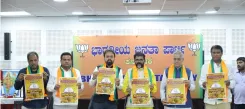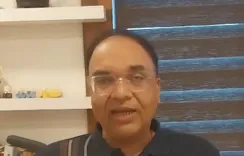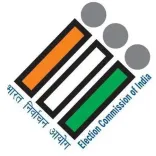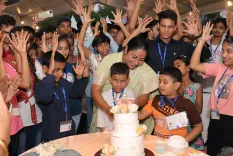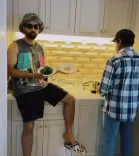What Demands are Being Made for a Court-Monitored SIT Probe into the Dharmasthala Murders?
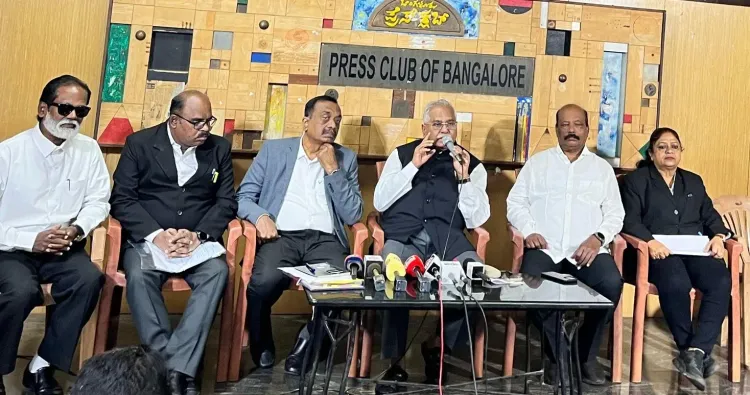
Synopsis
Key Takeaways
- Call for a Special Investigation Team (SIT) to address the Dharmasthala murders.
- Importance of court oversight to ensure impartiality in the investigation.
- Need for comprehensive forensic support, including DNA analysis.
- Transparency and accountability through video recording of the investigation process.
- Urgent action required to arrest all implicated individuals.
Bengaluru, July 17 (NationPress) A former Supreme Court judge, along with several activists, has called for a Special Investigation Team (SIT) to probe the alarming Dharmasthala murders, with oversight from either the Supreme Court or the Karnataka High Court.
The case entails the suspected murders of numerous women and others, with Dharmasthala recognized as a prominent Hindu pilgrimage site in Karnataka.
During a press conference at the Bengaluru Press Club on Thursday, retired Justice V. Gopala Gowda expressed that, "Considering the severity of the alleged crimes and the disturbing indications suggesting involvement by powerful and influential individuals, we strongly advocate for immediate actions."
Justice Gowda urged for the establishment of a Special Investigation Team (SIT), supervised by a Police Officer at the Additional Director General of Police (ADGP) level, alongside a current or former Judge from the Supreme Court or Karnataka High Court. This approach would enhance impartiality and foster public confidence in the investigation.
He highlighted the necessity for the investigation to receive comprehensive support from a specialized Forensic Science Laboratory (FSL) team, which should include DNA analysis, Digital Forensics, and other essential expertise. This is vital for obtaining irrefutable scientific evidence.
The entire investigative process should be video recorded to guarantee transparency and accountability at each phase, he asserted.
The crime scene must undergo a meticulous examination to collect all potential evidence, and all individuals, regardless of their influence, implicated in these crimes should be promptly arrested and subjected to custodial interrogation, he emphasized.
Former Chairman of the Backward Classes Commission, C. S. Dwarakanath, remarked, "The occurrences of mass murder, mass rape, and mass burial have been extensively covered in both media and public discourse over the past week."
It has been revealed that a witness to these atrocious acts has provided a confessional statement to a Magistrate, resulting in the filing of a First Information Report (FIR), and an investigation is currently underway, Dwarakanath noted.
"Nonetheless, it seems the investigation is being managed by a local Sub-Inspector under the supervision of a Deputy Superintendent of Police.
We are profoundly troubled by the reported circumstances. The witness has shared details about the disposal of corpses and requested the exhumation of bodies. YET, these bodies are allegedly still awaiting exhumation," Dwarakanath pointed out.
Moreover, it appears that the investigation is not proceeding in accordance with the provisions of the Bharatiya Nagarik Suraksha Sanhita (BNSS), he criticized.
Senior counsel Balan, advocates S. Umapathi and Sudha Katwa, as well as social activist N. Narasimha Murthy, attended the press conference.
On July 11, an unnamed complainant, who claimed he was compelled to bury several bodies of women who were raped and murdered in Dharmasthala village, appeared before a court in Karnataka’s Mangaluru district last Friday to give his statement.
According to his account, he fled Dharmasthala 11 years prior. He alleged that the bodies of the women exhibited clear signs of sexual assault. They were discovered devoid of clothing or undergarments and bore wounds indicative of violent acts.

